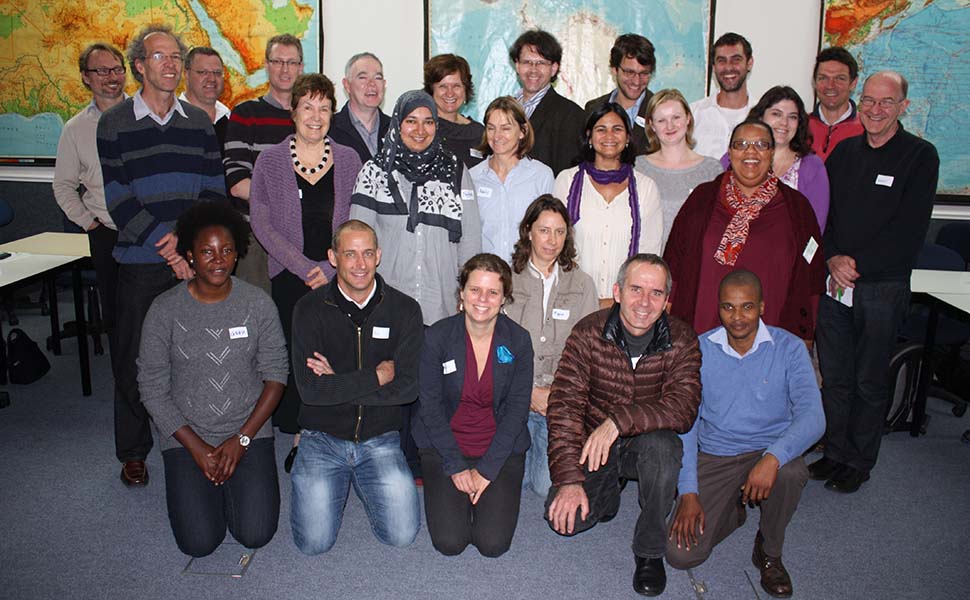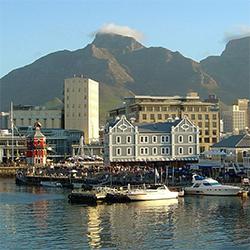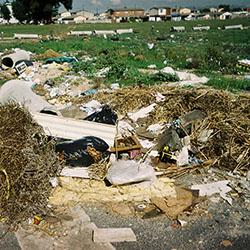
City Officials welcomed to African Centre for Cities at Launch of the Second City Official Exchange Programme
On Friday, 1 November 2013, the second round of the City Official Exchange Programme was launched at the University of Cape Town (UCT). This second round of the programme welcomes 8 new City Officials who will write on topics including participative planning in the development of community centres; Cape Town’s urban growth boundary; the impact of public libraries on community development in a low-income area; sustainable, competitive public transport that is attractive to multiple users; waste management systems; the Economic Areas Management Programme (ECAMP) for shifting the City towards evidence-based local interventions; as well as the role of environmental policy within local government.
Pippin Anderson, co-ordinator of the Official Exchange Programme at the African Centre for Cities (ACC), welcomed everyone to the launch. Present were the city officials taking part in the exchange, their writing partners from UCT, other Mistra Urban Futures researchers, as well as representatives from the City of Cape Town. Zarina Patel, co-ordinator of the Knowledge Transfer Programme at the ACC introduced the broader Mistra Urban Futures project. She noted that bringing together two institutions for the purpose of co-producing knowledge that enables alternate pathways to sustainable development, ‘to get something new, different and more is a monumental task. But we are joined by our common vision and determination to make cities work for all who live in them’. She reflected too that while this programme will not touch the entire workforces of the City or the University, ‘the opportunity for individuals to get new, different and more perspectives on what they do on a daily basis must inspire us sufficiently to stay on the long and winding, murky pathway to a more sustainable future’.
Catherine Stone, a member of the Project Steering Committee and Director of Spatial Planning and Urban Design at the City of Cape Town suggested to the City Officials that they should protect their time for writing at the university, stating that ‘it’s a luxury for you [the officials], but also for the City’. She asked the officials to be agents of reflection, and to grow in knowledge to enable the City to be a better local government. Catherine also thanked the writing partners for investing time in the programme.
After the official proceedings, those present were invited to lunch. With an atmosphere of anticipation and excitement, it was clear that both the officials on the exchange programme and the writing partners are looking forward to commencing the writing process. The Cape Town platform looks forward to learning more about the research as well as the co-production methodology at the officials’ presentations next year.
Download Zarina Patel’s speech
Photo credit: African Center for Cities, ACC







